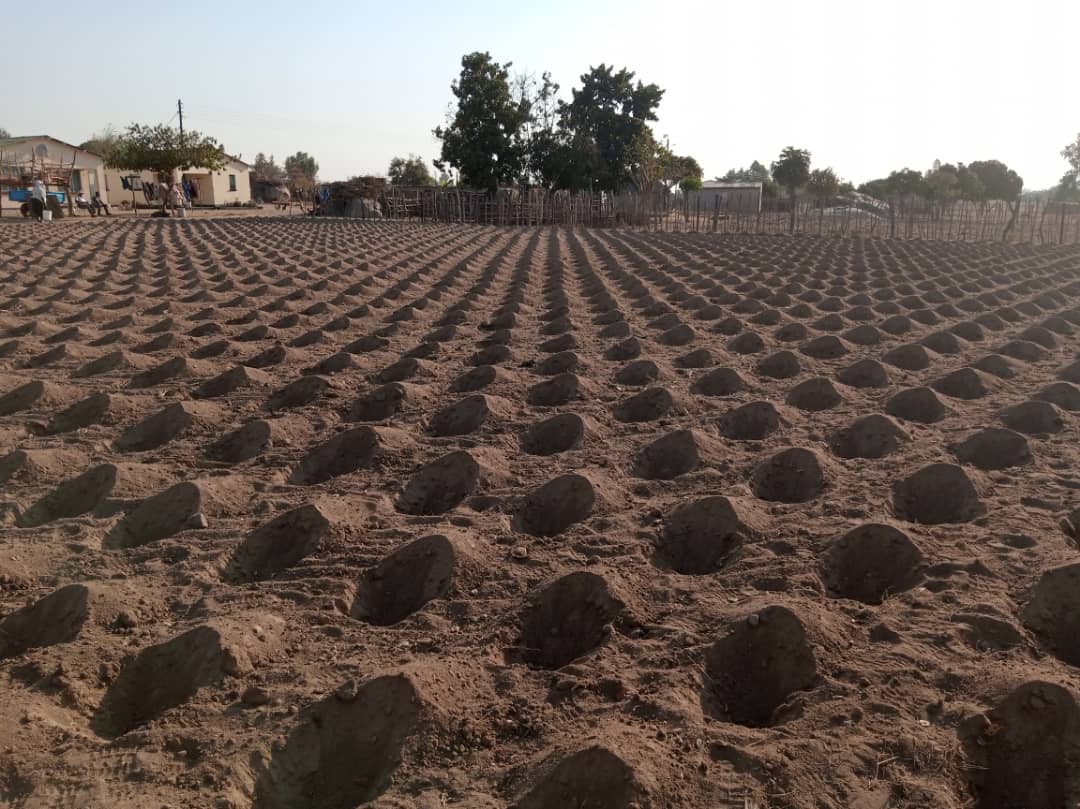Over 5,000 agricultural extension workers have to date been trained across the country under the government’s conservation farming/Gatshompo concept as the country gears up for the imminent cropping season.
The Meteorological Services Department has predicted normal to above rainfall during the 2020/2021 agricultural season, raising hopes of a bumper harvest following two past seasons of consecutive droughts.
Speaking in the Senate last Thursday Lands, Agriculture, Water, Climate and Rural Resettlement Deputy Minister, Vangelis Haritatos, said significant progress had been made under the conservation farming project.
Under the conservation farming concept, communal farmers will benefit under the Presidential Inputs Scheme as the government tries to boost agriculture productivity.
The concept is aimed at climate proofing agriculture by adopting conservation farming techniques and involves the utilisation of small pieces of land and applying the correct agronomic practices for higher returns.
Conservation agriculture, which will be applied to maize, traditional grains, and soya beans will also commercialise smallholder agriculture.
“All the 5 294 agricultural extension workers and agricultural extension supervisors across all provinces have been trained on the concept,” Haritatos told the Senate.
“A total of 3 255 378 farmers (1 483 195 males, 1 772 183 females) have so far been trained by the extension workers as at 4 September 2020 and the training of farmers is a continuing programme. Extension workers are expected to train, track and monitor the farmers until harvest.”
The Deputy Minister further explained: “This is dubbed the TTM Extension Service Approach. So far 525 439 households have prepared their Pfumvudza (Gatshompo) plots. Farmer training and establishment of Pfumvudza (Gatshompo) plots by the farmers is work in progress and we are targeting over 1.8 million households by October 2020.”
He said soil samples taken for analysis stood at 43 635 as at 4 September, 2020 of which 13 756 samples have been analysed.
“The key preparatory activities for Pfumvudza (Gatshompo) (holing out and mulch collection should have been done in July and August),” he explained.
“We urge farmers who have not done so to expeditiously work on this before the end of September in readiness to plant with the first planting rains. The distribution of inputs has started and the anticipation is that this should be completed before the end of October 2020.
He added that expected impact on the project included increased productivity and production of at least one tonne of grain from each household, household and national food self-sufficiency plus surplus, reduced impacts of drought among other benefits.

